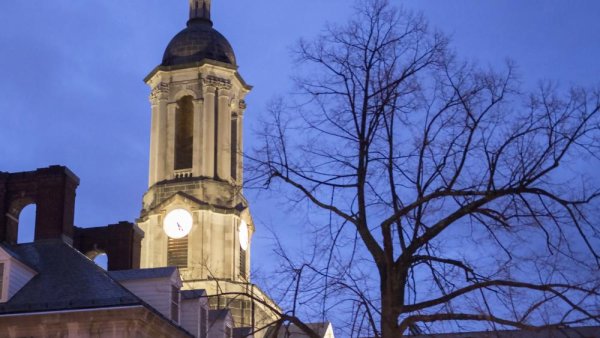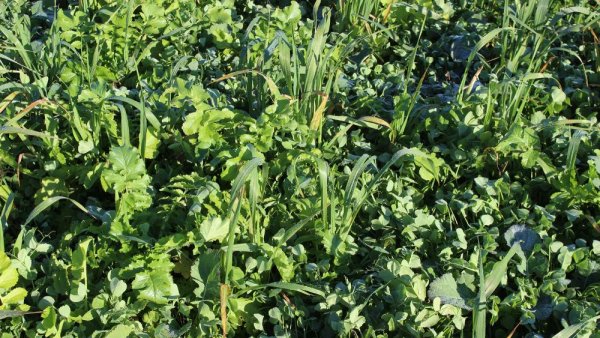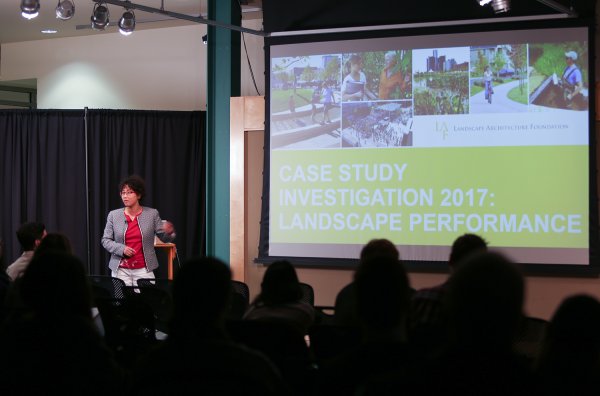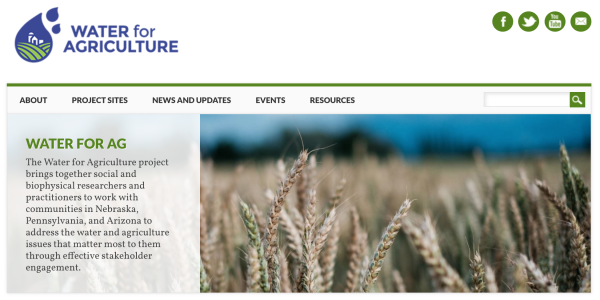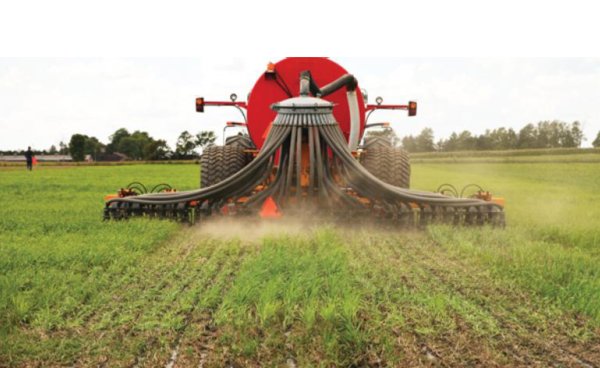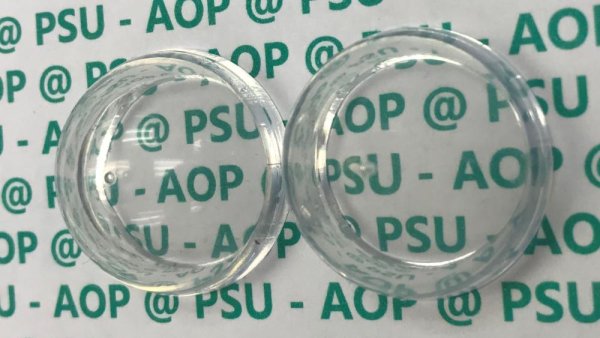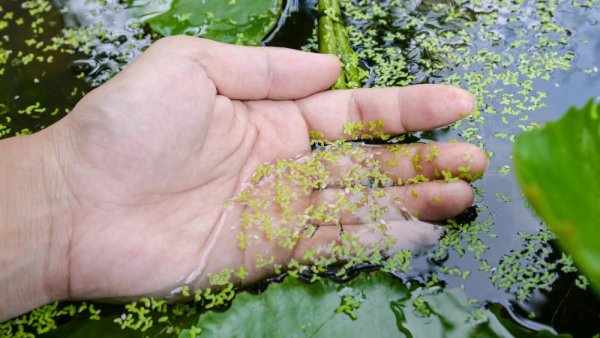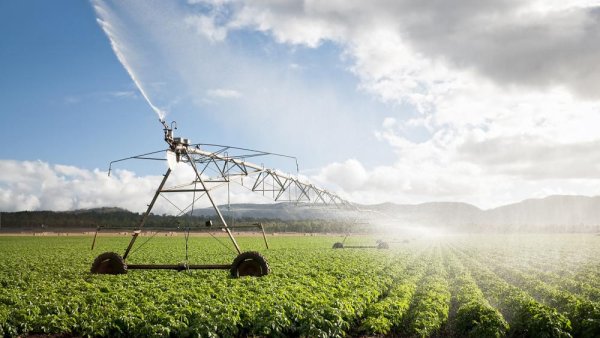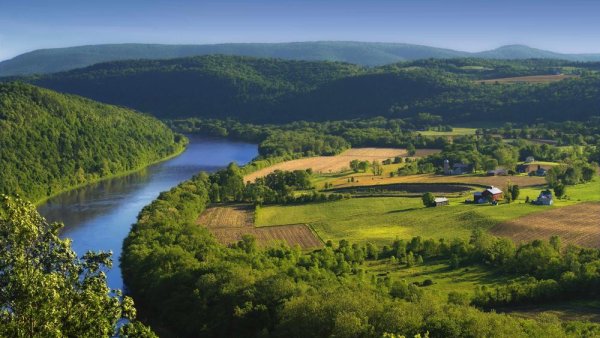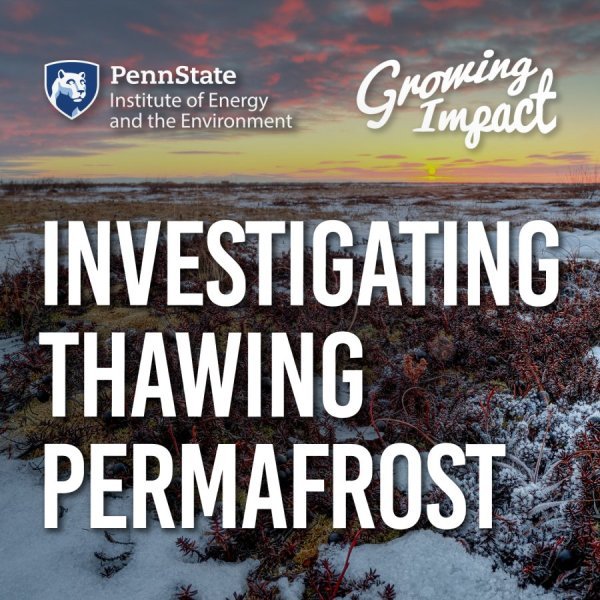Institutes of Energy and the Environment announces seed grant recipients
| psu.edu
The 2018–19 Institutes of Energy and the Environment seed grant recipients have been awarded to 18 groups of interdisciplinary researchers at Penn State.
'Right' cover-crop mix good for both Chesapeake and bottom lines
| psu.edu
Planting and growing a strategic mix of cover crops not only reduces the loss of nitrogen from farm fields, protecting water quality in the Chesapeake Bay, but the practice also contributes nitrogen to subsequent cash crops, improving yields, according to researchers.
New publication stresses importance of collaboration in landscape design
| news.psu.edu
A new publication based on the proceedings of the E+D: Ecology Plus Design Symposium stresses the importance of a true partnership between designers and ecologists from the start of a landscape architecture project, through the design process, and to completion.
Interdisciplinary research project on water and agriculture launches website
| news.psu.edu
Water for Agriculture, a Penn State-led interdisciplinary research project funded by the United States Department of Agriculture National Institute on Food and Agriculture, has announced the launching of its website. The project aims to address the water and agriculture issues that matter most to communities through effective stakeholder engagement.
NSF supports new technology that increases employee mobility and blood flow
| psu.edu
The National Science Foundation has provided funding to a team of design professionals, including Penn State Stuckeman School faculty member Mihyun Kang, to develop a seating solution that improves the blood flow and mobility of workers who are required to sit for long periods of time.
Stuckeman School, College of Medicine to host Wearing the Future Workshop
| psu.edu
Faculty members from the Stuckeman School and the Penn State College of Medicine have come together to organize the Wearing the Future Workshop from 9:30 a.m.to 4 p.m. on Monday, March 25, at the Hilton Garden Inn Hershey, located at 550 E. Main St. in Hummelstown, Pennsylvania.
Seminar to offer better understanding on AI technology and real-world uses
| psu.edu
C. Lee Giles will present a seminar on AI and machine learning and its current uses in real-world cases as part of Penn State's Institute for CyberScience seminar series.
Manure injection offers hope, challenge for restoring Chesapeake water quality
| news.psu.edu
Widespread adoption by dairy farmers of injecting manure into the soil instead of spreading it on the surface could be crucial to restoring Chesapeake Bay water quality, according to researchers who compared phosphorus runoff from fields treated by both methods. However, they predict it will be difficult to persuade farmers to change practices.
Antireflection coating makes plastic invisible
| psu.edu
Antireflection (AR) coatings on plastics have a multitude of practical applications, including glare reduction on eyeglasses, computer monitors and the display on your smart-phone when outdoors. Now, researchers at Penn State have developed an AR coating that improves on existing coatings to the extent that it can make transparent plastics, such as Plexiglas, virtually invisible.
Energizing the food-energy-water nexus: the fortuitous tale of duckweed
| psu.edu
Rachel Brennan knows how precious of a commodity water is. During her time as the director of Penn State's Eco-Machine, her work has involved a helpful little plant that is impacting the food-energy-water nexus.
Larger cities have smaller water footprint than less populated counterparts
| psu.edu
Global sustainability is important now more than ever due to increasing urban populations and the resulting stress it can have on natural resources. But increased populations in cities may lead to greater efficiency, as a team of Penn State researchers discovered when they analyzed the water footprint of 65 mid- to large-sized U.S. cities.
NSF funds $3 million graduate training program focused on Food-Energy-Water
| psu.edu
The National Science Foundation has awarded a $3 million grant to an interdisciplinary team of Penn State researchers to create a new graduate program that will train students to find solutions to real-world problems facing Food-Energy-Water (FEW) systems.

